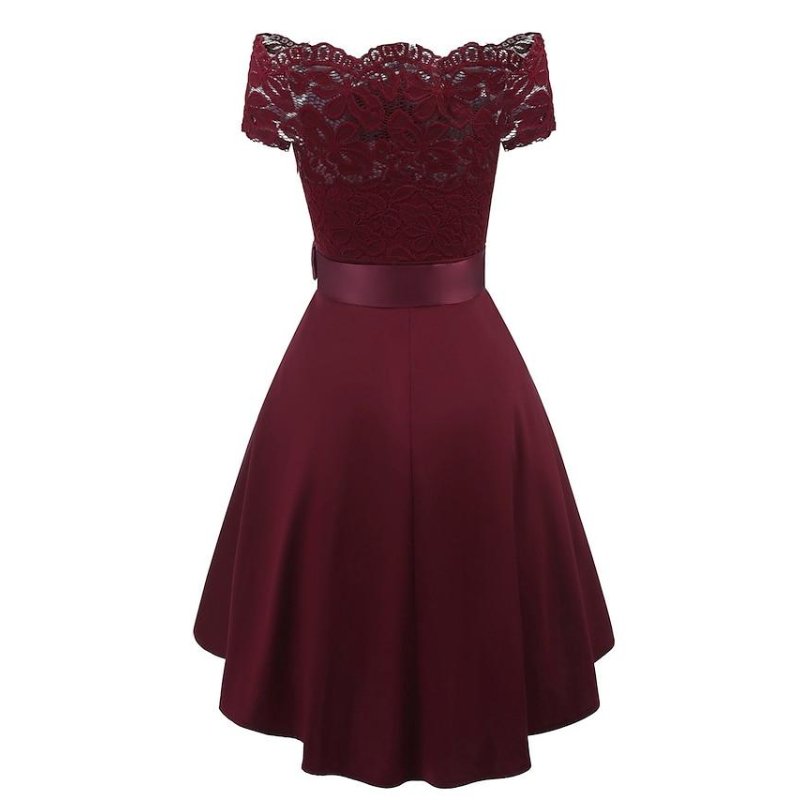Tag: Fashion, Clothing, Online Shopping
In recent years, the fashion industry has witnessed a significant shift towards online clothing retailers. With the rise of e-commerce platforms and social media influencers promoting fast fashion trends, buying clothes online has become more popular than ever before. In this blog post, we will take a closer look at why this trend is on the rise and how it is impacting the traditional brick-and-mortar stores in the world of fashion.
The digital era has transformed consumer behavior when it comes to shopping for clothes. The convenience of browsing through endless options from various brands without leaving your home has attracted many shoppers to switch to online shopping for their clothing needs. Furthermore, with advancements in technology such as virtual try-on features and accurate size charts, customers are now able to make informed decisions while purchasing clothes online.
Another factor contributing to the growth of online clothing retailers is their competitive prices. Fast fashion companies have mastered the art of producing trendy apparel at affordable prices by cutting costs on production and marketing efforts. This not only attracts budget-conscious consumers but also those looking for instant gratification with new styles constantly being added to their collections.
Moreover, social media has played a crucial role in boosting sales for these online clothing retailers. With millions of users scrolling through their feeds daily, sponsored posts by famous influencers showcasing outfits from these brands have had a huge impact on increasing brand awareness among potential customers.
However, while all seems well for e-commerce businesses in terms of sales growth and popularity among consumers, there are concerns regarding its sustainability and ethical standards within the industry. With fast fashion being criticized for its negative effects on both environment and labor rights issues in developing countries where most factories are located, there have been calls for responsible consumption practices from both consumers and regulators.
Despite these challenges faced by traditional brick-and-mortar stores due to competition from online retailers or pressures towards meeting ethical standards, fashion brands must adapt to the changing landscape and embrace e-commerce as a vital channel for their business. By incorporating sustainable practices and showcasing transparency in their supply chain, brands can win back customer trust and loyalty.
In conclusion, the fashion industry has seen a significant shift towards online clothing retailers due to factors such as convenience, competitive prices, and social media influence. While there are concerns about sustainability and ethical standards within the industry, it is undeniable that online shopping for clothes is here to stay. As consumers become more conscious of their purchasing decisions, it is crucial for fashion brands to adapt and evolve with the times while keeping in mind responsible consumption practices.

